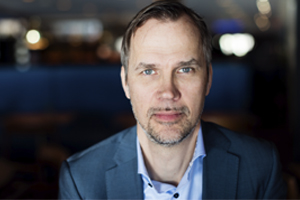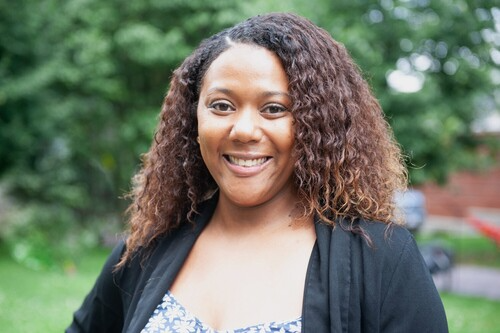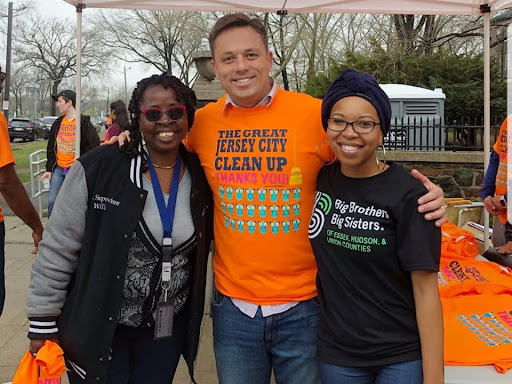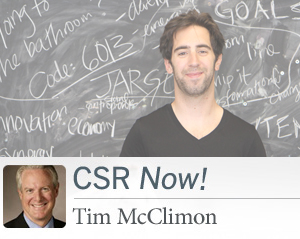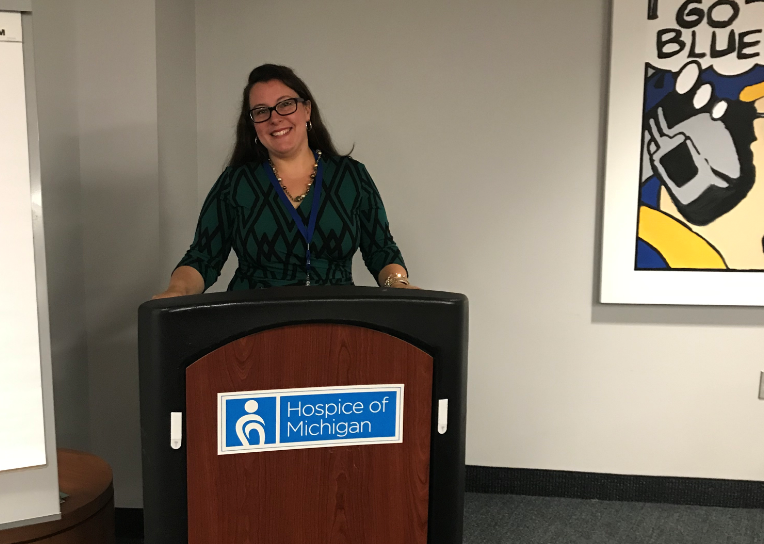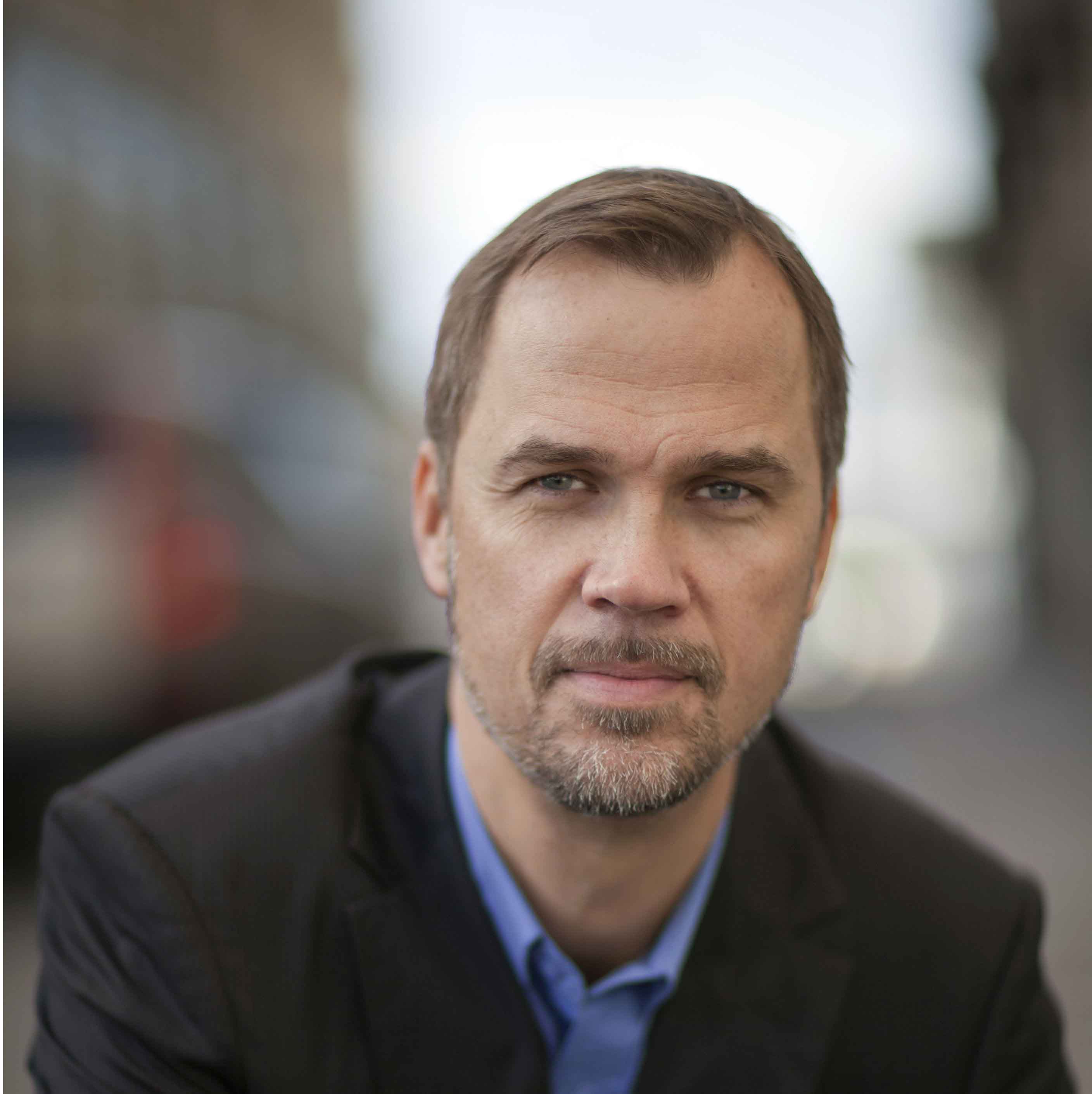
Anders Pettersson has always believed it is critical to continuously grow and learn.
He is the Executive Director of ECPAT Sweden, an NGO dedicated to fighting the commercial sexual exploitation of children, part of the international ECPAT network of organizations in 75 countries. In 2015, Pettersson was awarded the first-ever American Express Leadership Academy Award in 2015. The is part of American Express' ongoing commitment to supporting new leaders for tomorrow and creating a global platform to both share and celebrate best practice in the sector.
We had the opportunity to speak with Anders about his leadership journey. You can also watch and learn more about the great impact he’s in expanding human rights for children here.
1. What made you want to go into the nonprofit sector? What accomplishment are you most proud of?
In my early 20s, I did a UN peacekeeping tour in the Middle East and I couldn’t fathom all the deeply rooted hate and intolerance, and the violence this caused. The devastating impact this had on local communities, and a number of meetings I had with civilian populations on both sides of the conflict, had a profound impact on me. I wanted to understand and needed to know more. It lead to higher education, which combined with more work in the field, has put me on this path.
In 2003, when I joined UNICEF headquarters, I was given an opportunity to try and improve the organization’s ability to respond to emergencies and deploy experts all over the world. I set out to develop a system that was more effective in getting the right people to the right place at the right time, and also to make this activity more financially transparent. To do so, I leveraged resources and built a team of the most dedicated and committed professionals I’ve ever worked with. The surge capacity system worked in both theory and practice around the world, and we were able to demonstrate a higher rate of effectiveness and identify critical bottlenecks to improve our responses further. I’d like to believe that through our operational response, we mitigated the suffering of children in a number of emergencies by getting UNICEF’s best and brightest on the ground more quickly.
2. What made you want to apply to the American Express Leadership Academy at Thunderbird and then later to the American Express Academy 2.0 at Aspen Insitute?
Probably an intellectual drought in the sense that I, over time, did not feel in charge of what I dealt with on a day to day basis. While I’ve always been privileged to work on issues that matter most to me, I’ve also believed it is critical to continuously grow and learn. This is particularly difficult to find time to do when you work with or in an emergency. The American Express Leadership Academy at Thunderbird seemed perfect to address that drought and it certainly gave both energy and momentum to my leadership journey. I did well at Thunderbird which led to the incredible opportunity to participate in the Academy 2.0 at Aspen, where I was able to further reflect on my leadership style. Thanks to both of these rare opportunities, I grew as an individual and leader.
3. What was your greatest take away from the program(s)? Can you give an example of how you’ve applied it in your day to day role?
Firstly, I was struck by all the talent out there and impressed with how Thunderbird had managed to break new ground around the public private sector thinking. Secondly, the pragmatic way of developing and analyzing trends in our sector and the way that affects us is critical regardless of which market we operate in. For example, trend analysis skills have been key in terms of plotting a future course for ECPAT Sweden.
Aspen was different in that it focused more on human nature. I did a lot of thinking that year about what drives us in our sector and reflected on us saying “nonprofit.” I’d like to think of us as a business where for example, kids deprived of rights are our shareholders and any profit made is ultimately reinvested in human rights for children. This mindset and mandate allows me to think of us as equal partners to key actors in the political arena and the private sector.
4. What does this award recognition mean to you?
Given all the great talent and leaders that regularly pass through the Academy, this recognition is very humbling.
At a personal level it tells me that hard work can be rewarded in different ways and it also provides an opportunity for me to put the spotlight on the unending fight against the child sex industry. Today 1.8 million kids are exploited in this modern form of slavery, which is a fact that is as terrible as it is difficult to communicate. When attention is such a rare commodity in our society, bringing something so heinous to the public is already difficult as it is. I therefore hope to bounce attention from the award towards children’s rights.
5. What are you hoping to get out of the Alumni Summit? Why do you care about being an active part of this Alumni group?
The American Express Leadership Academy obviously attracts dynamic leaders, many of whom I still have not had the pleasure to meet. While I’m still in touch with several people from Thunderbird and Aspen, I wouldn’t miss the opportunity to see them again. As we all operate in different markets under very different circumstances, I know this group will bring new ideas and provoke my thinking.
6. What’s your greatest piece of leadership advice for your social sector peers across the world?
There is no one single piece, but I’d say: Strive for excellence, learn from mistakes and never pretend to be someone you are not; stay honest and people will listen and follow. As someone said, a leader without followers is just a guy taking a walk.
- More on ECPAT Sweden.
- More on the award and the 2015 Alumni Summit at which it was presented.

